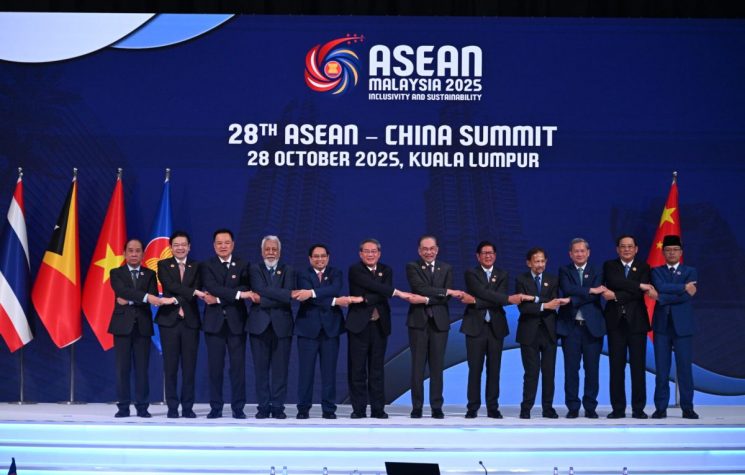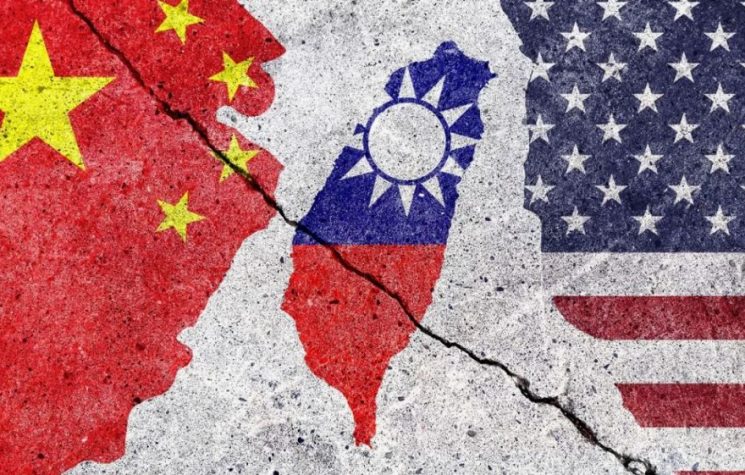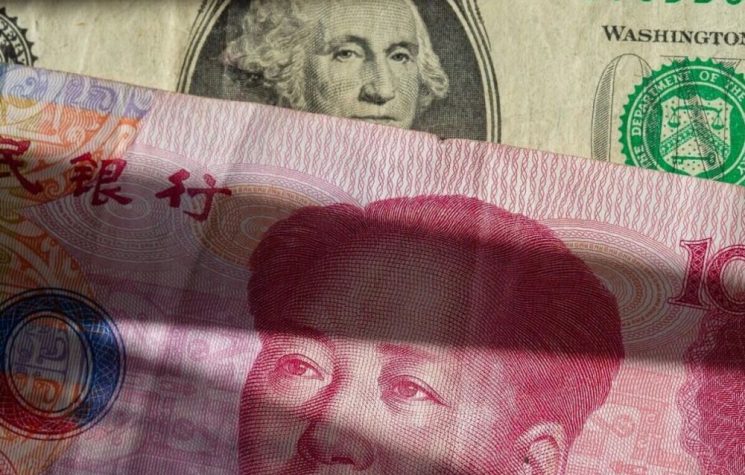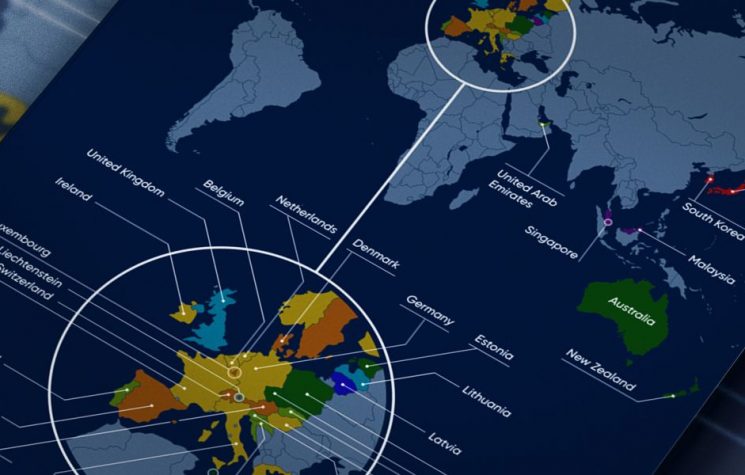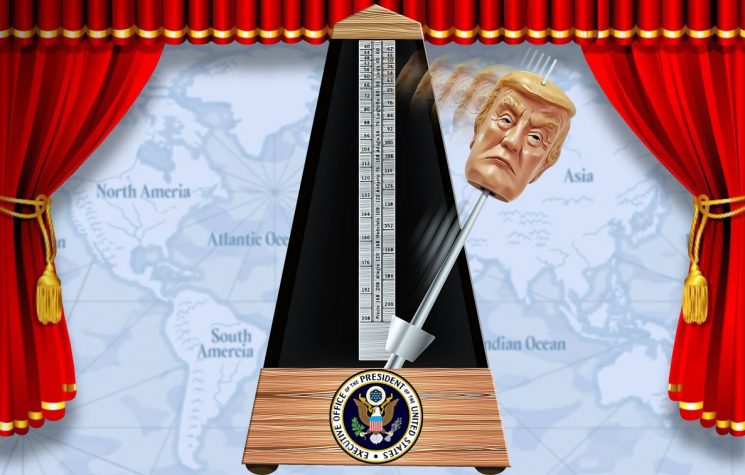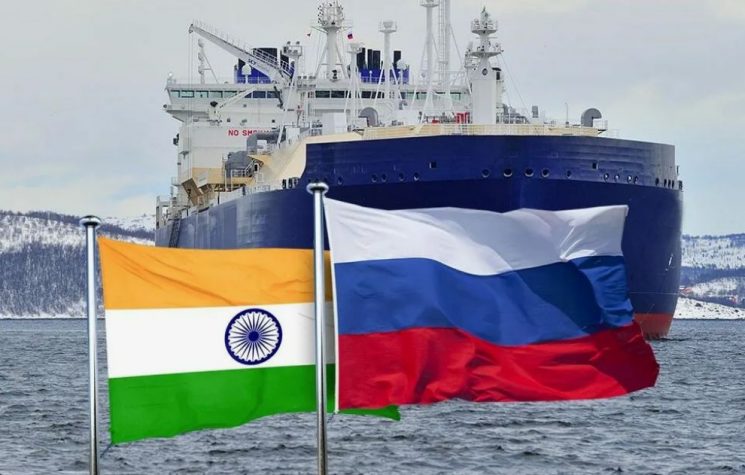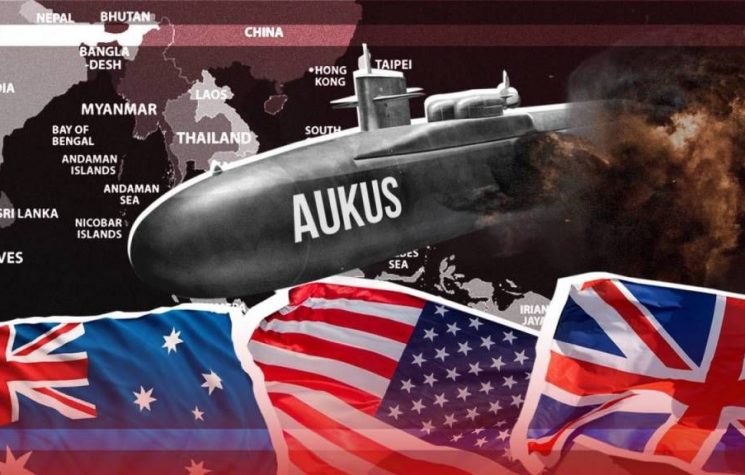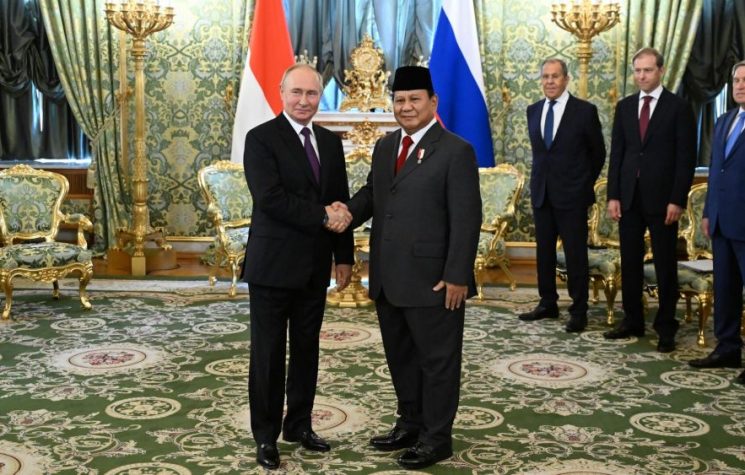As the Chinese Communist Party celebrates the 75th anniversary of their state, party poopers necessarily abound within and without their Middle Kingdom.
Contact us: info@strategic-culture.su
As the Chinese Communist Party celebrates the 75th anniversary of their state, party poopers necessarily abound within and without their Middle Kingdom.
Leaving their supposed internal turmoils to one side for a moment, India and the NATO alliance are two sets of competitors China will have to come to terms with by fair means or foul. Though India claims it is operationally prepared to take on China over their border disputes, tensions do not end there. India and China are in competition for every imaginable resource, not the least of which is water and the urbanisation and industrialisation of both countries have put major strains on their relatively limited natural resources.
India is already in dispute with Pakistan over the Indus waters treaty and China has recently completed a $60 bn canal to help resolve some of its own gargantuan problems.
The scale of development in both India and China is such that it is almost unimaginable in the West, which cannot hope to stay in the race without resorting to the tried and trusted techniques of divide and conquer.
And, Lord knows, there is much to divide and conquer the locals with in that neck of the woods, and much of it has to do with the mercantilist and neo-mercantilist policies of arrogant China.
The United States and her colonies are putting an end to the days of China dumping its wares on the Western world, which is also focused on ending China’s grip on critical minerals. All of that leaves opportunities galore within the Pax Americana ambit for countries like India and Vietnam, which still remembers its 1,000 years of shame under Chinese imperial rule.
The Vietnamese are far from being the only South East Asians with a bone to pick with China. Chinese aggression against the Philippines and their claims to the seas around the Philippines, Vietnam and a host of other countries are totally unacceptable, no matter how many of their clapping seals argue the opposite.
Likewise, China cannot be allowed annex Taiwan or the waters around it, as that will allow her to repeat Imperial Japan’s trick of using Taiwan as a springboard to capture all of South East Asia, where expatriate Chinese have been periodically massacred with machetes, iron bars, bamboo spears and whatever other low tech weaponry was at hand.
Although China’s terror campaign against Filipino fishermen might seem like a trivial, localised affair, it is anything but. The Chinese imperialists are claiming not only the whole of the South China Sea for their arrogant selves but, as witnessed in the waters off Ecuador and Australia, they are draining the world’s seas of its fish. If Iceland had the right to take on Britain in the Cod Wars, then “the Global South” have the right to go to war with China to preserve their livelihoods.
Not that the United States will allow that happen. Once tempers cool in the Middle East and Ukraine, it will be full steam ahead to neutralise China by a series of sanctions reminiscent of those put on imperial Japan that will make those more recently put on Russia, Iran and North Korea seem like a slap on the wrist.
Having collapsed China’s exports and caused internal havoc in China, the Yanks will then implement their island chain defence strategy, which is growing more credible by the day, as Bangladesh, Thailand and even the tiny pinprick of Palau are coerced into joining NATO’s Coalition of the Willing against China.
All of that will eventually throw the Chinese navy into a flurry and, once she starts punching down on Palau and the Philippines, the Western media and the United Nations will have a field day showing up the Chinese for the arrogant bullies that they are.
Although Admirals Dong and Hu are charged with bringing increased war fighting capabilities to the Chinese Peoples Liberation Army Navy they and their patch quilt navy are, as Chairman Mao might have put it, paper tigers. What will China’s top brass do? Invade Palau? Occupy Bangladesh? Beat up a few more Filipino fishermen?
Although the Chinese Navy is highly rated here, here and here it still lags far behind the awesome firepower of the United States and her colonies, Japan in particular.
The great Admiral Yamamoto‘s imperial Japanese navy, lest we forget, gave the British and Yankee navies, then the world’s two most powerful navies, a great run for their money and they also captured the Dutch East Indies in a campaign, whose origins remain controversial to this day. Although no higher praise could be given to Admirals Dong and Hu than to compare them to their illustrious Japanese predecessor, to my untrained eye at least, they have much the same Achilles Heel Yamamoto knew he had when he dropped his calling card on Pearl Harbor on December 7th 1941.
For the boys from Beijing to prevail, they must make Pearl Harbor and its Pacific aftermath seem like it was all a storm in a teacup which, to the Americans at least, it was not. But even though the Americans have feasted on their laurels since Victory over Japan day, they have not rested on them. As well as being a powerhouse in her own right, the United States has crafted the Pacific Rim to her own selfish needs. Although this is most notable with her three east Asian spokes of Taiwan, Japan and Korea which are all subservient to their American hub, de-industrialised Australia is also noteworthy as, since the time of Gone with the Wind, a country like Australia without an independent industrial base, cannot have a viable or sovereign war strategy. No matter whether we are talking about Australia, New Zealand or the Solomon Islands (where the Chinese presence almost guarantees a CIA colour revolution), the Yankees call the shots not least because they refuse to allow their colonies have any real independence of thoughts or actions.
The Yankee game plan from her safe-as-houses Kiwi and Ossie bases is crystal clear. Give the Chinese imperialists enough rope and then hang them with it. Although an imploding post-Putin Russia would make that lynching infinitely easier, the Yankees’ island defence strategy has followed the first rule of war, which is to pick the terrain to engage their enemies.
Although my earlier articles praised Australia’s peace makers and called for Russia to act as Asia’s peace maker, perhaps those ships have sailed and Asian affairs must once more be settled by sea power.
If that is the case, then all bets are off. The response to the 1997 Asian tsunami showed that China’s blue water capabilities lagged very far behind those of India, Japan and the United States and it is unlikely they have yet closed the gap to any sizable degree.
Though all such scenarios are the wet dreams of madmen in authority, recent wars have shown that such figures rule the roost in Washington and, for all their babble, perhaps in Beijing as well.
At day’s end, though the choices of jaw jaw versus war war Asia faces are simple in theory but hard to implement, diplomacy would be much easier to implement if the Yanks could refrain from setting the world alight for ten seconds and if the Chinese could get down off their own equally obnoxious high horse, and give Russia, Vietnam and other mature countries the chance to save us all from their selfishness, arrogance and greed. We live in hope.










